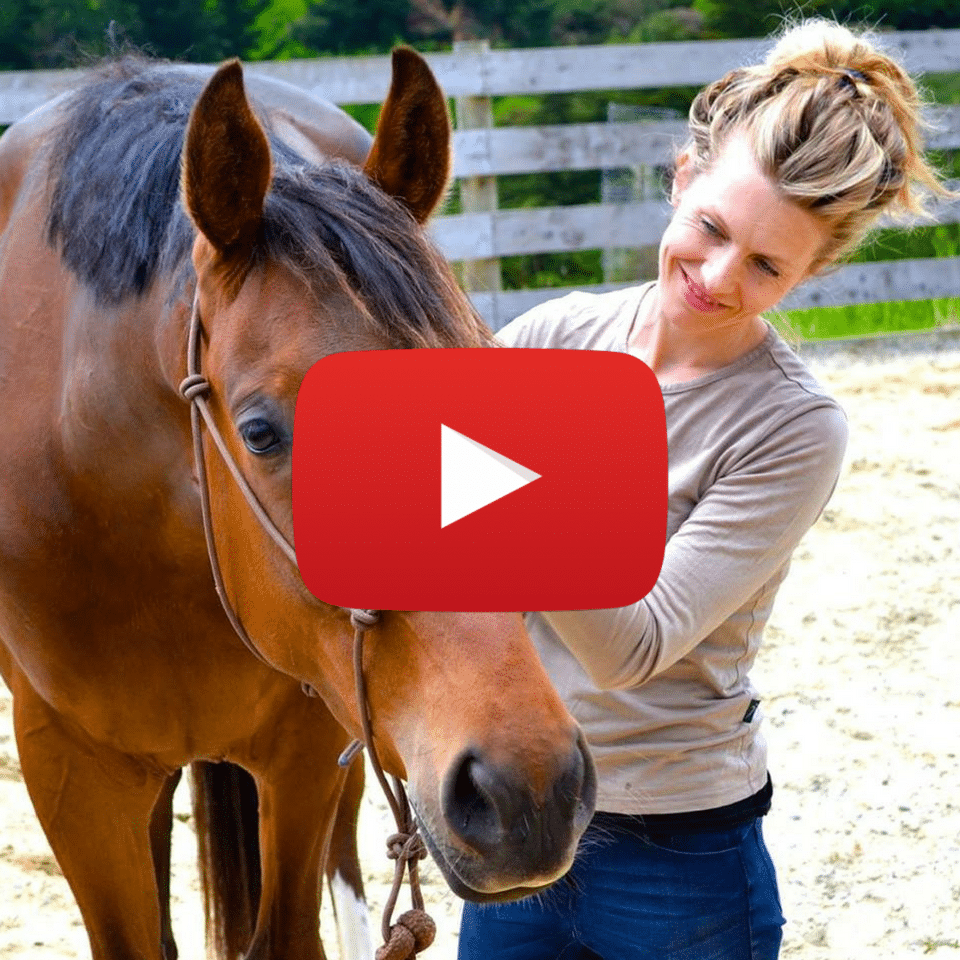What’s your relationship to mindful anger, aggression, and power? When you read or say those words to yourself, how do they sit in your body?
We all have a somatic, or body-based relationship to language, and it’s a big part of why the words that we choose matter and how describing something from a slightly different angle can open up a new perspective for us. In the first instance, when I think of anger, aggression, and power, I think of dominance and force. My associations with these words have, in the past, led me to lean away from any demonstrations of them in my own life, rather than towards. After all, if our connections to what they mean don’t represent something “positive”; if we don’t have healthy role models or cultural contexts for what they represent in an empowering form, why would we seek to include them as part of our experience?
The thing is, the experience anger, aggression and power are part of what it means to be human. Our preference for them doesn’t remove them from our lives. If we don’t develop a healthy relationship with these parts of ourselves- and it goes without saying not every presentation of them is healthy- then we inadvertently get ourselves into a situation where they are the master of us, rather than us being the master of them.
The key lies in being able to harness the physiology of what it means to hold activation in the system and to be able to contain the energy within the container of our body so we have a choice about how and where to channel it.
When we talk about the mindful versions of anger, aggression, and power, we are talking about your inner connection to determination and strength; a feeling of something in you that connects you to your backbone, and a restoration of integrity and dignity in the body in the face of what can be challenging circumstances.
Within this, we understand that truly harnessing the power of these energies mindfully does not exist at the expense of the less hot emotions, such as kindness, compassion, and love, but in partnership with them.
The ability to cultivate a healthy sense of your own power is an internal circuit system that allows you to step up that allows you to say “come on, I can get through this part that’s currently challenging me and do this thing I want to do”. It’s a necessary, welcome, and intrinsic part of our humanity.
You can tune into the episode here:
Happy listening!
❤️ Jane

